
Not his best work: how Wong Kar-wai’s 2046 and My Blueberry Nights left their marks, despite being considered two of the Hong Kong director’s lesser films
- 2046, starring Tony Leung Chiu-wai, was called ‘rambling’, and My Blueberry Nights, with Norah Jones and Natalie Portman, ranks low among the director’s work
- Still, both added to his oeuvre. We explain why 2046 isn’t a sequel to In The Mood for Love, and why Wong considered My Blueberry Nights a ‘vacation film’
Hong Kong director Wong Kar-wai’s 2046 and My Blueberry Nights aren’t his best films, but they do add something to his oeuvre. We consider two of the director’s less favoured movies.
2046
For Wong, 2046 isn’t a sequel; the filmmaker notes that the narrative and style of the two films – the later one has science-fiction elements – are significantly different.
“I don’t think of it as a sequel, as sequels tell of ongoing events – they continue the story,” Wong said in a documentary on the making of the film. “To me, 2046 is an echo of In the Mood for Love – it’s a different story.
“It’s about how a person faces his future given all the things that have happened to him in the past.
“2046 is set three years later than In the Mood for Love. So why is he so different? What happened to him? The film is about how his past experiences made him the person he is now.”
Compared to the relatively conventional plotting of In the Mood for Love, the fragmentary storyline of 2046, which was influenced by the style of Argentinian novelist Manuel Puig – who often mixed time frames in his stories – has been described as pretentious. The Post review called it a “frustratingly rambling mood piece”.
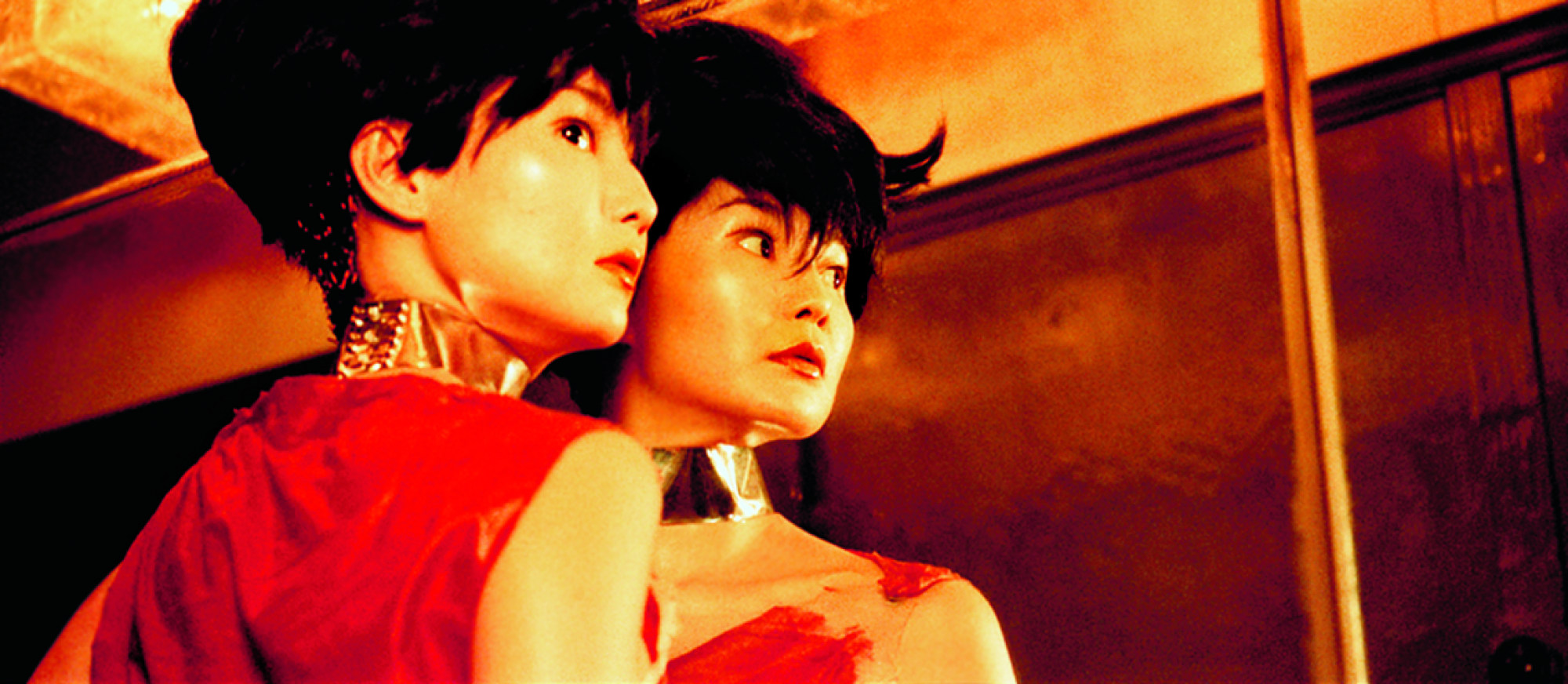
Chow, a martial arts novelist in In the Mood for Love, turns to writing science fiction in 2046, and creates a place in the future to visit. This gives Wong the tools to explore how time changes feelings that initially seem to be everlasting.
The year 2046 is also the date that the Basic Law – Hong Kong’s mini-constitution designed to guarantee certain freedoms after its return to China in 1997 – expires. Wong has said he was inspired by pondering whether the promises of Beijing would be kept, but he decided not to make a political film.
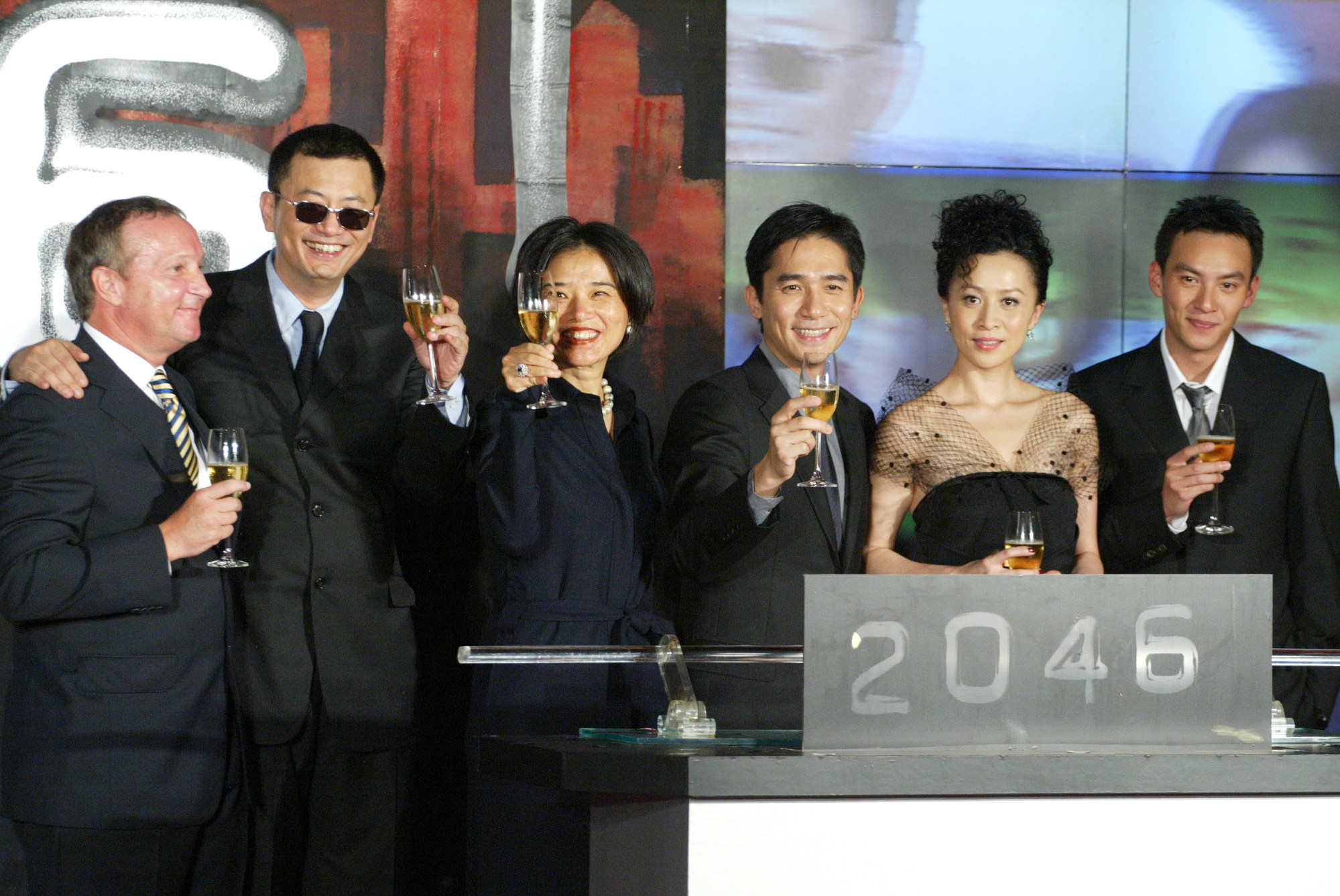
Instead he turned the idea into a romance – how do the promises that lovers make to each other fare over time? Badly would seem to be the answer.
The film started shooting around the same time as In the Mood for Love. The shoot for the latter was intended to be relatively short, but when it dragged on the production of 2046 suffered, and it took four years to complete. The schedule had to be pushed back, and the film was further delayed by the Sars outbreak in Hong Kong in 2003.
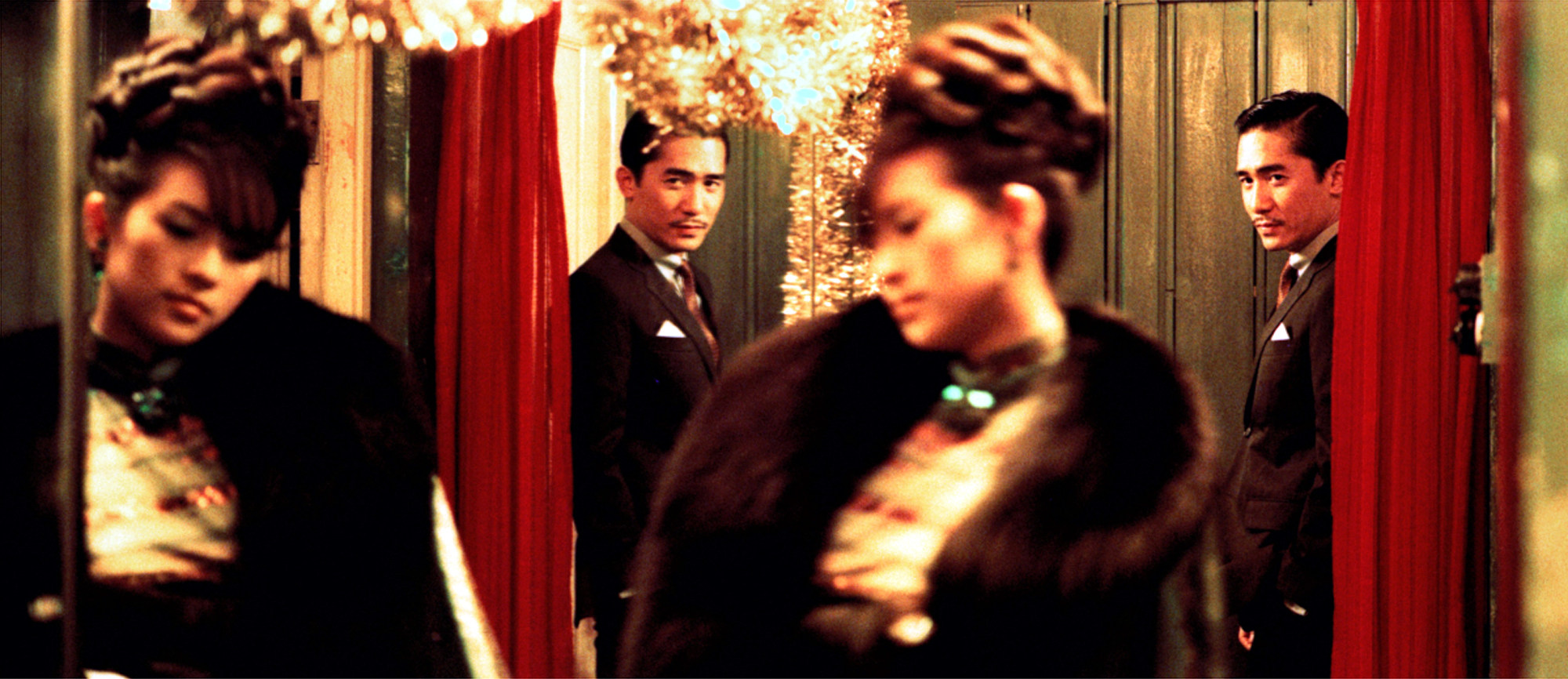
In the opinions of many, the final result is a worthy successor to In the Mood for Love.
My Blueberry Nights
My Blueberry Nights, Wong’s only English-language movie, came about as a result of the soul-destroying shooting schedule of 2046.
Wong’s shoots have a habit of running on, but My Blueberry Nights was completed in a fast seven weeks. “We thought of this as a ‘vacation film’, spontaneous and contemporary … [it was shot] like a rock band on tour,” Wong told The New York Times.
Wong usually began his films with characters rather than plot lines, and My Blueberry Nights was the result of a meeting with singer Norah Jones.
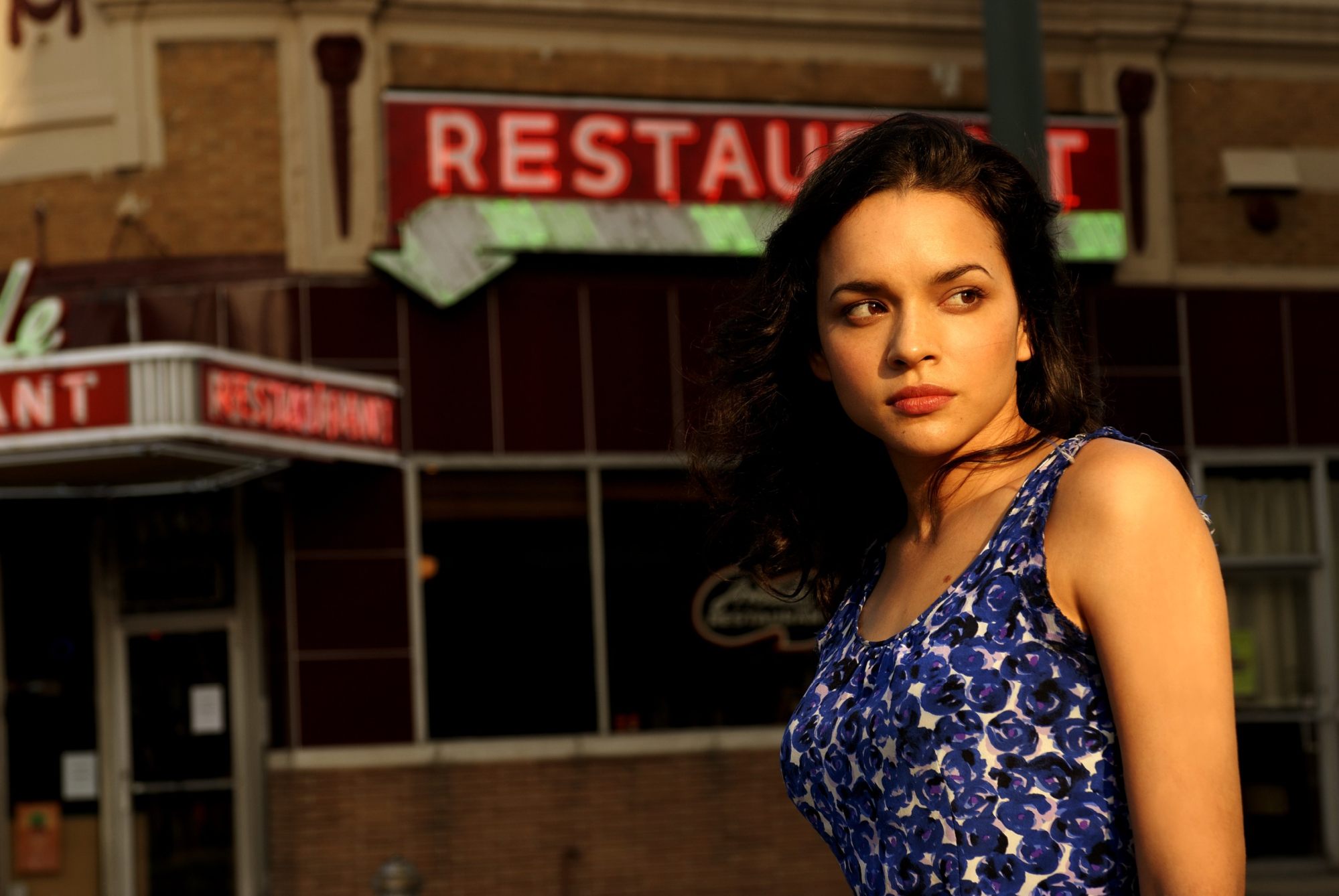
Wong was impressed with Jones’ straightforward nature, and asked her if she had time to make a film. Jones, who had never acted before, accepted immediately. To ensure a fresh performance, Wong told Jones not to take acting lessons.
The film was described by the Post as “Wong Kar-wai light”, but that was not a criticism. Although its characters are all somewhat broken people, it’s still an insouciant and breezy film that dispenses with overly weighty themes – director and cast are enjoying themselves, and it shows.
My Blueberry Nights is a road movie. Jones meets Jude Law in his New York cafe after a romance has gone sour. Looking to understand her feelings, she moves to Memphis and then Ely in Nevada, to take up waitressing and bartending jobs.
Her interactions with a fatherly alcoholic police officer and a gambler (Natalie Portman) make her realise that her true love is the guy she met back in the New York cafe.
“Whereas 2046 is about the aftermath of a love affair, My Blueberry Nights is about looking for love,” Wong told a Taiwanese interviewer.
Wong took a road trip across the US to prepare for the film. “I thought that if I chose to make this film, I should at least understand what it feels like to be on the road,” he said.
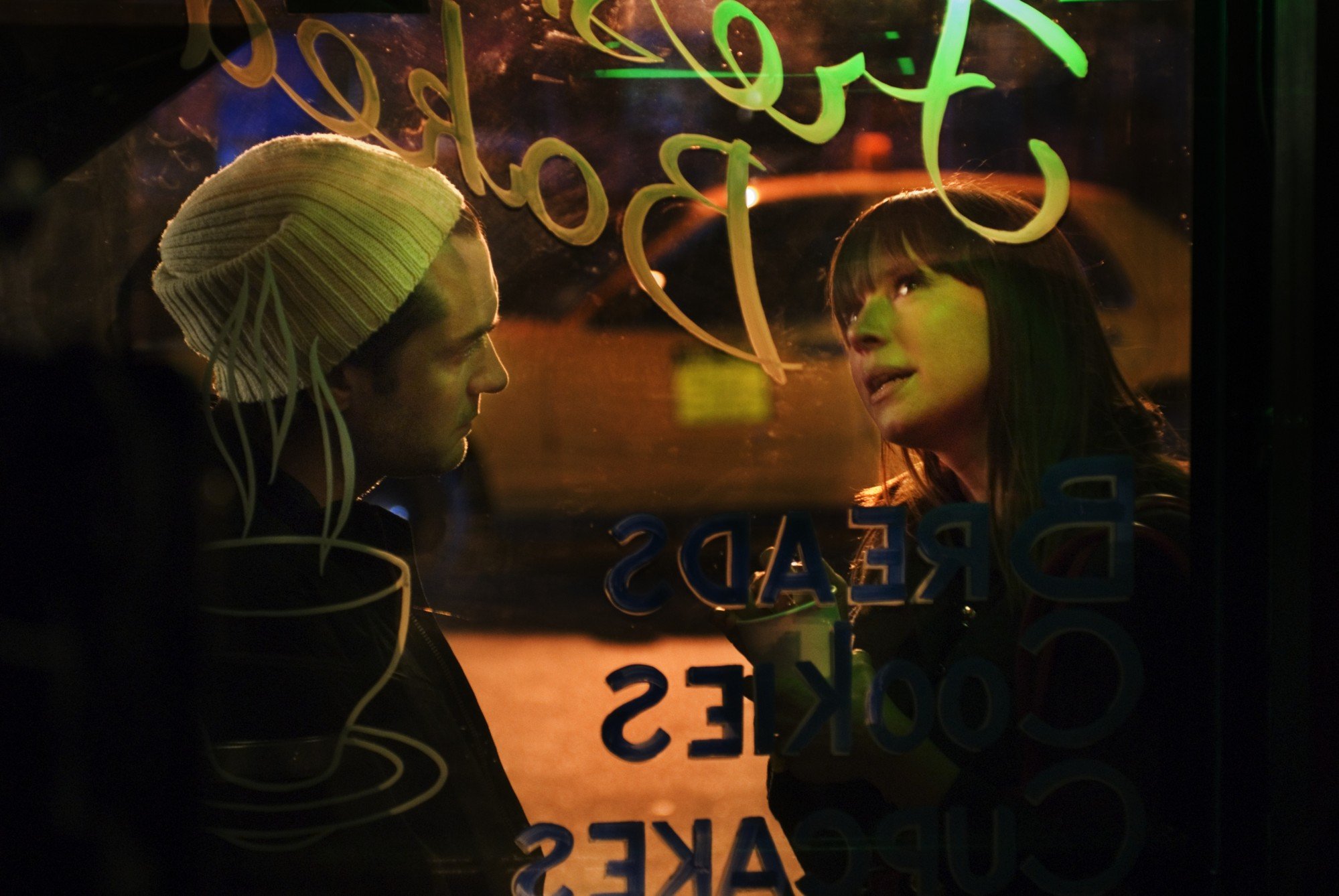
“That’s why I asked the producer and cinematographer to go on a road trip with me – from New York to Los Angeles on the west coast, from the Atlantic to the Pacific Ocean.”
Wong is well known for not having a full script when he starts shooting, aiming to draw out spontaneous responses from his actors. But working in English demanded a full script, which was written by novelist Lawrence Block.
“The story is constrained by the script, but I also told the actors that the dialogue could be changed … we changed it when we filmed. The changes give people the feeling that the dialogue comes from the heart of the actors,” he said.
In this regular feature series on the best of Hong Kong cinema, we examine the legacy of classic films, re-evaluate the careers of its greatest stars, and revisit some of the lesser-known aspects of the beloved industry.
